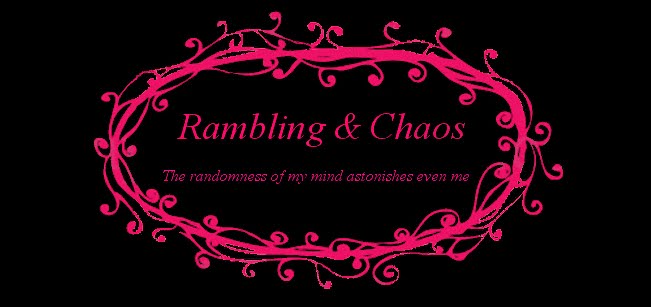
What is Halloween really all about?
Have you ever asked yourself, "Who in the world ever thought of the idea of walking around in weird costumes, trick or treating, and/or putting a carved-out pumpkin in your window?"
You will agree with me that Halloween is really one of the strangest days of the year, is it not? Perhaps you wonder how the celebration of such a day ever got started. In this post I will try to a nswer these question for you.
nswer these question for you.
When did the modern Halloween celebration begin?
During the Middle Ages (about 600 years ago), the Roman Catholic Church at that time, decided to make the change-over from pagan religion to Christianity a bit easier, and therefore allowed the new converts to maintain some of their pagan feasts. It was agreed, however, that from now on they would be celebrated as "Christian" feats. So instead of praying to there heathen gods, th ey would now pray to, and remember the deaths of saints. For this reason the church decided to call November 1 the "Day of All Saints," and the mass to be celebrated on that day "Alhallowmass." In consequence of this, the evening prior to this day was named, "All Hallowed Evening" which subsequently was abbreviated as "Halloween." In spite of this effort to make October 31 a "holy evening," all the old customs continued to be practiced, and made this evening anything BUT a holy evening!
ey would now pray to, and remember the deaths of saints. For this reason the church decided to call November 1 the "Day of All Saints," and the mass to be celebrated on that day "Alhallowmass." In consequence of this, the evening prior to this day was named, "All Hallowed Evening" which subsequently was abbreviated as "Halloween." In spite of this effort to make October 31 a "holy evening," all the old customs continued to be practiced, and made this evening anything BUT a holy evening!
The historical roots of the Halloween; which are believed to date back to ancient Germanic and Celtic societies, which celebrated the festival of Samhain. The festival of Samhain marked the end of the year these ancient societies viewed as the "light half" of the year (Spring and Summer). Autumn and Winter were viewed as the "dark half" of the year, and this half of the year had been associated with death. It is believed that the time of harvest, which marked the end of growing plants on which people survived (as well as the beginning of the seasons less suitable for animals kept in pastures), may have led to the association of death and "the dark half" of the year.
end of growing plants on which people survived (as well as the beginning of the seasons less suitable for animals kept in pastures), may have led to the association of death and "the dark half" of the year.
http://hubpages.com/hub/What-does-Halloween-really-stand-for-Why-do-we-celebrate-it
Halloween, celebrated each year on October 31, is a mix of ancient Celtic practices, Catholic and Roman religious rituals and European folk traditions that blended together over time to create the holiday we know today. Straddling the line between fall and winter, plenty and paucity and life and death, Halloween is a time of celebration and superstition. Halloween has long been thought of as a day when the dead can return to the earth, and ancient Celts would light bonfires and wear costumes to ward off these roaming ghosts. The Celtic holiday of Samhain, the Catholic Hallowmas period of All Saints' Day and All Souls' Day and the Roman festival of Feralia all influenced the modern holiday of Halloween. In the 19th century, Halloween began to lose its religious connotation, becoming a more secular community-based children's holiday. Although the superstitions and beliefs surrounding Halloween may have evolved over the years, as the days grow shorter and the nights get colder, people can still look forward to parades, costumes and sweet treats to usher in the winter season.
of as a day when the dead can return to the earth, and ancient Celts would light bonfires and wear costumes to ward off these roaming ghosts. The Celtic holiday of Samhain, the Catholic Hallowmas period of All Saints' Day and All Souls' Day and the Roman festival of Feralia all influenced the modern holiday of Halloween. In the 19th century, Halloween began to lose its religious connotation, becoming a more secular community-based children's holiday. Although the superstitions and beliefs surrounding Halloween may have evolved over the years, as the days grow shorter and the nights get colder, people can still look forward to parades, costumes and sweet treats to usher in the winter season.http://www.history.com/topics/halloween





0 comments:
Post a Comment